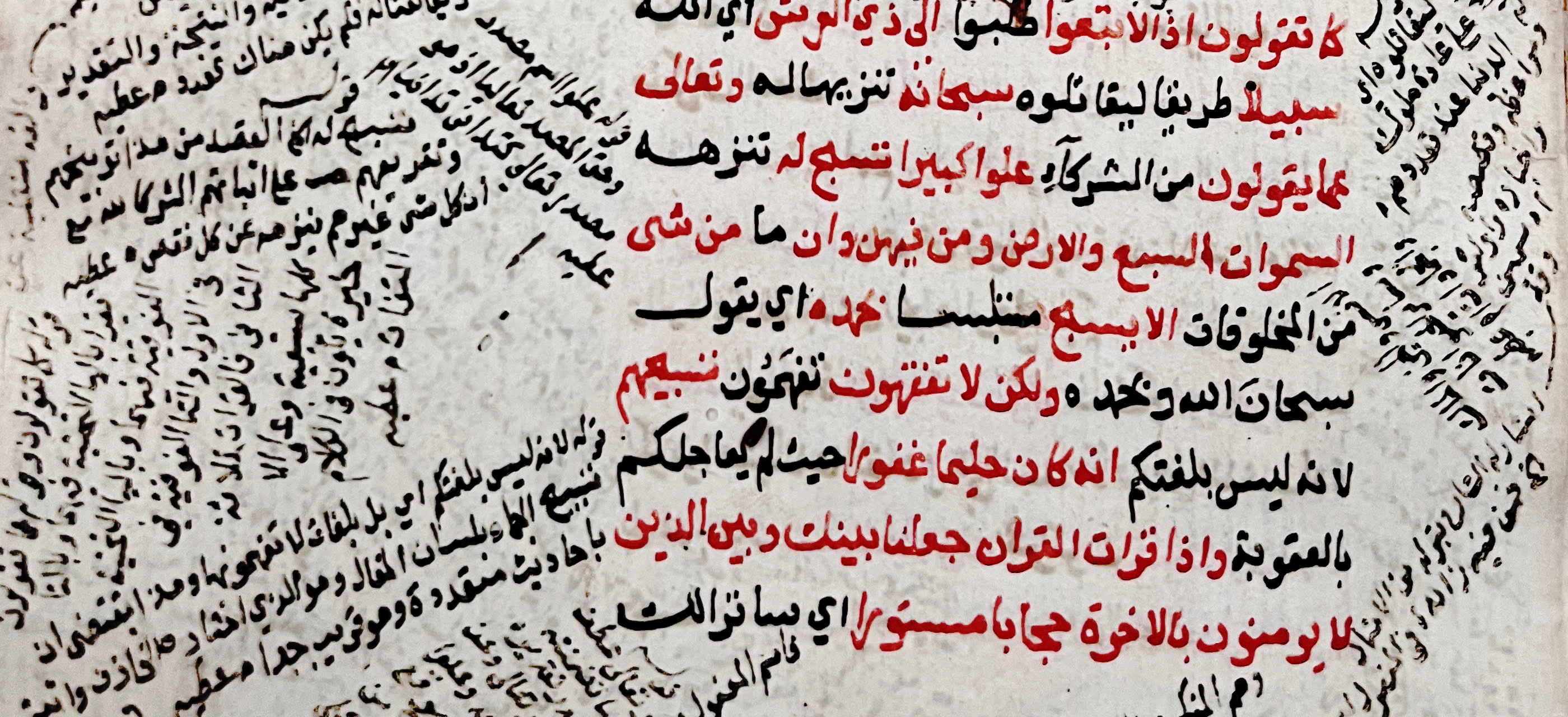Salt tolerance of the annual halophyte Cakile maritima as affected by the provenance and the developmental stage
Contenu
- Titre
- Salt tolerance of the annual halophyte Cakile maritima as affected by the provenance and the developmental stage
- Créateur
- Megdiche, Wided Voir tous les contenus avec cette valeur
- Ben Amor, Nader Voir tous les contenus avec cette valeur
- Debez, Ahmed Voir tous les contenus avec cette valeur
- Hessini, Kamel Voir tous les contenus avec cette valeur
- Ksouri, Riadh Voir tous les contenus avec cette valeur
- Zuily-Fodil, Yasmine Voir tous les contenus avec cette valeur
- Abdelly, Chedly Voir tous les contenus avec cette valeur
- Date
- 2007
- Dans
- Acta Physiologiae Plantarum Voir tous les contenus avec cette valeur
- Résumé
- Though halophytes are naturally adapted to salinity, their salt-tolerance limits are greatly influenced by their provenance and developmental stage. In the present study, physio-biochemical responses of two Tunisian ecotypes of the oilseed coastal halophyte Cakile maritima (Brassicaceae) to salinity (0–400 mM NaCl) were monitored during germination and vegetative growth stages. Tabarka and Jerba seeds were collected from humid or arid climatic areas, respectively. Plant response to salinity appeared to depend on the ecotype and salinity levels. Increasing salinity inhibited germination process. Jerba seeds were found to be more salt tolerant than the Tabarka ones. At the autotrophic stage of growth and under salt-free conditions, Jerba was less productive than Tabarka (in terms of dry matter accumulation), but plant biomass production and leaf expansion (area and number) of the former ecotype were progressively improved by 100 mM NaCl, as compared to the control. In contrast, at the same salt concentration, these parameters decreased under increasing salinity in Tabarka (salt sensitive). Leaf chlorophyll content was reduced at severe salinity, but this effect was more conspicuous in the sensitive Tabarka plants. Na+ contents in the Jerba and Tabarka leaves collected from the 400 mM NaCl-treated plants were 17- and 12-fold higher than in the respective controls. This effect was accompanied by a significant reduction in the leaf K+, Mg2+ and Ca2+ contents, especially in the salt-treated Tabarka. A significant accumulation of proline and soluble carbohydrates in leaves was found during the period of intensive leaf growth. These organic compounds likely play a role in leaf osmotic adjustment and in protection of membrane stability at severe salinity.
- Langue
- eng
- volume
- 29
- numéro
- 4
- pages
- 375-384
- Titre abrégé
- Acta Physiol Plant
- doi
- 10.1007/s11738-007-0047-0
- issn
- 1861-1664
Megdiche, Wided et al., “Salt tolerance of the annual halophyte Cakile maritima as affected by the provenance and the developmental stage”, 2007, bibliographie, consulté le 22 février 2025, https://ibadica.org/s/bibliographie/item/387
Position : 28646 (2 vues)

